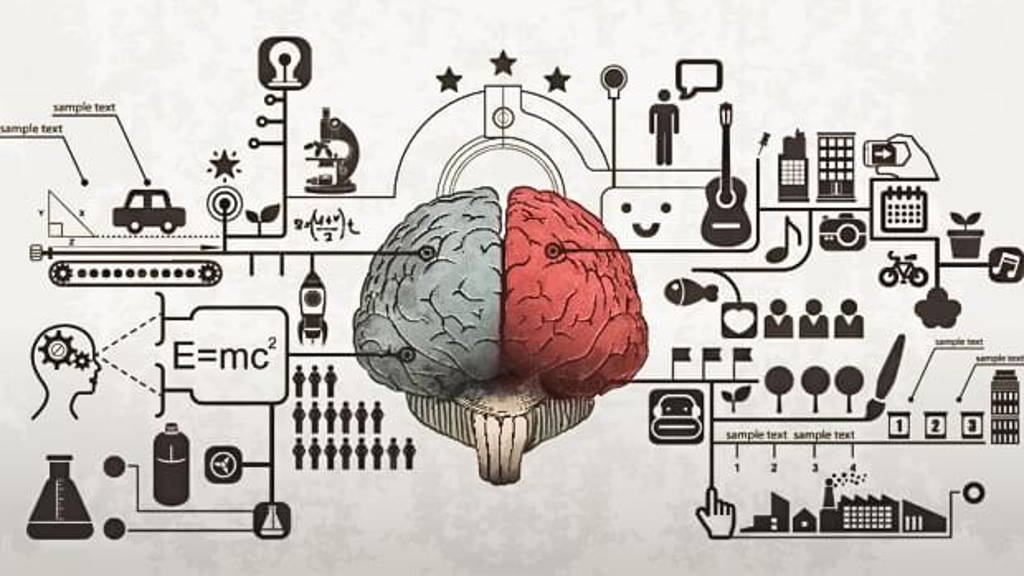Top neuroscientists at Kernel who are building the chip — they call it a neuroprosthetic — hope that in the longer term, it will be able to boost intelligence, memory and other cognitive tasks. It will take several years befor a prototype will be ready, says Johnson, who his payments company, Braintree, to PayPal for $800 million in 2013.
“Human intelligence is landlocked in relationship to artificial intelligence — and the landlock is the degeneration of the body and the brain,” Johnson tells the Washington Post in an interview about the company, which he had not discussed publicly before. “This is a question of keeping humans front and center as we progress.”
In the last two years, venture capital firms like Y Combinator, Andreessen Horowitz, Peter Thiel’s Founders Fund, Khosla Ventures and others have poured money into start-ups that focus on this concept of bio-hacking. They’ve funded companies that aim to sequence the bacteria in the gut, reprogram the DNA you were born with, or conduct cancer biopsies from samples of blood.
An example is the funding of cognitive-enhancement businesses like Thync, which builds a headset that sends mood-altering electrical pulses to the brain. Another is Nootrobox, a start-up that makes chewable coffee supplements that combine doses of caffeine with active ingredients in green tea, leading to a precisely engineered, zenlike high.
Kernel is cognitive enhancement concept is based on the work of Theodore Berger, a pioneering biomedical engineer who directs the Center for Neural Engineering at the University of Southern California, and is the start-up’s chief science officer. For over two decades, Berger has been working on building a neuroprosthetic to help people with dementia, strokes, concussions, brain injuries and Alzheimer's disease, which afflicts 1 in 9 adults over 65.
Brain diseases throw off these signaling codes. The brain chip assisst the communication between brain cells by making an instantaneous prediction as to what the healthy code should be, and then firing off in that pattern.
In separate studies funded by the Defense Advanced Research Projects Agency over the last several years, Berger’s chips were shown to improve recall functions in both rats and monkeys. With Kernel, the next step will be taken: to makei t work with humans.
“Human intelligence is landlocked in relationship to artificial intelligence — and the landlock is the degeneration of the body and the brain,” Johnson tells the Washington Post in an interview about the company, which he had not discussed publicly before. “This is a question of keeping humans front and center as we progress.”
Bio hacking
Johnson is part of an elite set of entrepreneurs who believe Silicon Valley can play a role in funding large-scale scientific discoveries, of the sort that can dramatically improve human life in ways that go beyond building software. In fact, many of these entrepeneurs believe they can engineer the human body in the way software is developed – bio hacking.In the last two years, venture capital firms like Y Combinator, Andreessen Horowitz, Peter Thiel’s Founders Fund, Khosla Ventures and others have poured money into start-ups that focus on this concept of bio-hacking. They’ve funded companies that aim to sequence the bacteria in the gut, reprogram the DNA you were born with, or conduct cancer biopsies from samples of blood.
An example is the funding of cognitive-enhancement businesses like Thync, which builds a headset that sends mood-altering electrical pulses to the brain. Another is Nootrobox, a start-up that makes chewable coffee supplements that combine doses of caffeine with active ingredients in green tea, leading to a precisely engineered, zenlike high.
Kernel is cognitive enhancement concept is based on the work of Theodore Berger, a pioneering biomedical engineer who directs the Center for Neural Engineering at the University of Southern California, and is the start-up’s chief science officer. For over two decades, Berger has been working on building a neuroprosthetic to help people with dementia, strokes, concussions, brain injuries and Alzheimer's disease, which afflicts 1 in 9 adults over 65.
Replicating brain cell communication
How it works? The implanted devices try to replicate the way brain cells communicate with one another. Let’s say, for example, that you are having a conversation with your boss. A healthy brain will convert that conversation from short-term memory to long-term memory by firing off a set of electrical signals. The signals fire in a specific code that is unique to each person and is a bit like a software command.Brain diseases throw off these signaling codes. The brain chip assisst the communication between brain cells by making an instantaneous prediction as to what the healthy code should be, and then firing off in that pattern.
In separate studies funded by the Defense Advanced Research Projects Agency over the last several years, Berger’s chips were shown to improve recall functions in both rats and monkeys. With Kernel, the next step will be taken: to makei t work with humans.






